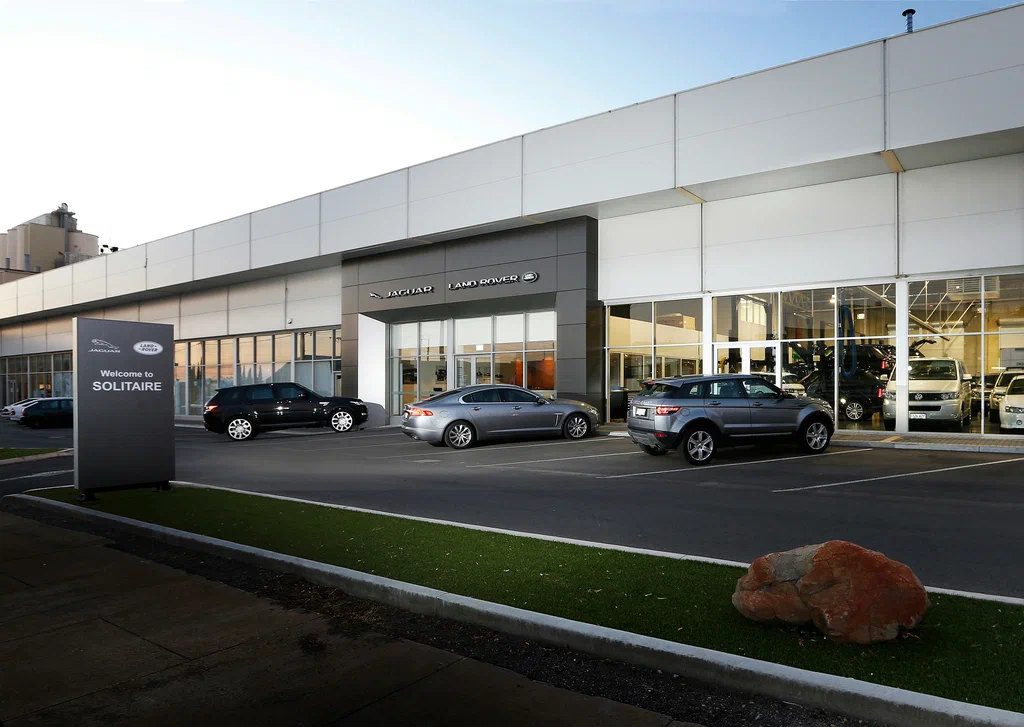Car dealerships offer consumers a variety of options to help them purchase new and used vehicles. They also make money by selling add-on insurance packages and warranties.
When shopping for a vehicle, ask the dealer what the manufacturer’s suggested retail price is. This will give you a good idea of what to expect when negotiating with the salesperson.
Sales
Car dealerships like to hire people who know their product. They are generally happy to answer any technical questions and help you decide whether a particular car is the best fit for your needs.
Sales departments usually have three primary functions: selling vehicles, arranging financing and offering ancillary products such as extended warranties or theft protection packages. Dealerships make money by charging for these services and by the interest they pay on a loan or floor plan credit for vehicle inventory.
The new-car department typically makes more profit than the used-vehicle or service departments, although the latter two may provide more revenue if they sell ancillary products. Larger dealerships often have Business Development Centers that answer phone or email inquiries, and they can schedule an appointment for you to see a salesperson and show you cars. These departments are also responsible for tracking inventory and logging activity. They can also be helpful when negotiating the price of a vehicle with the factory.
Financing
Many dealerships offer in-house financing, but you can also secure a car loan through traditional banks. Dealerships that arrange financing do all the legwork for you, submitting one credit application to multiple lenders and offering you the best options. This can be convenient and helpful for shoppers with poor credit who may have a hard time shopping around.
However, it’s important to keep in mind that dealers make money off dealer-arranged loans by marking up the offered interest rates. You also lose some control when dealing with dealer-arranged financing, since you can’t choose which lenders the dealer sends your application to.
If you do decide to go with dealer financing, make sure you lock in your interest rate and monthly payment before visiting the lot. This can help you stick to a budget and avoid common dealer add-ons. Remember, you should always negotiate based on total cost and focus on the annual percentage rate (APR) rather than the monthly payment to understand what your total costs will be.
Service
The service department at a dealership is a vital part of their business. They offer a wide range of services from routine maintenance to vehicle recalls and warranties. In addition, they often help with the complicated process of buying a new or used car by simplifying paperwork and assisting with title and registration.
Dealership mechanics are specially trained to keep vehicles running the way that manufacturers designed them. They also have the expensive diagnostic equipment and computer links needed to perform complex repairs. They also carry extensive inventories of original parts and can quickly order specialty parts from the manufacturer when necessary.
Dealerships are usually cheaper for regular service and warranty work than independent auto shops. However, you should always compare prices, certifications and warranties before making a decision. Some dealerships will even offer a loaner car for use while yours is being repaired, which can save you time and money on transportation. The best choice is to stick with a dealership that specializes in your vehicle’s make and model.
Parts
Car dealerships act as middlemen between car manufacturers and consumers. They buy cars from the manufacturer and then sell them at a higher price to the consumer. They also offer financing options and services for car repairs.
Dealerships often rely on their parts departments to generate additional revenue. Yet, they can struggle to optimize their department sales and profits. There are many tricks that the experts use to grow parts department sales and improve dealership overall operations.
For example, they can create a customized connection with customers by offering personalized gifts and accessories. Moreover, they can make data-based decisions to minimize the risk of overstocking or understocking inventory. They can also offer competitive pricing and discounts to encourage customer loyalty. In addition, they can partner with local warehouses to save on shipping costs. Additionally, they can stock high-demand items like brake pads and oil filters. These products can sell fast and increase revenue. In addition, they can use the internet to promote their online storefront.

